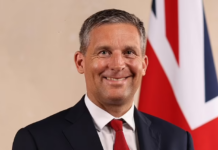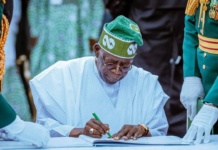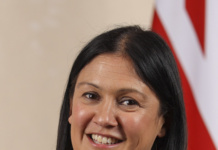By Peter Olorunnisomo – The ascension of Nigeria’s President Muhammadu Buhari, as the Chairman of the Economic Community of West African States may portend the necessary needs that the sub-region anticipates which outside of the individual borders of the states may reflect different expectations.
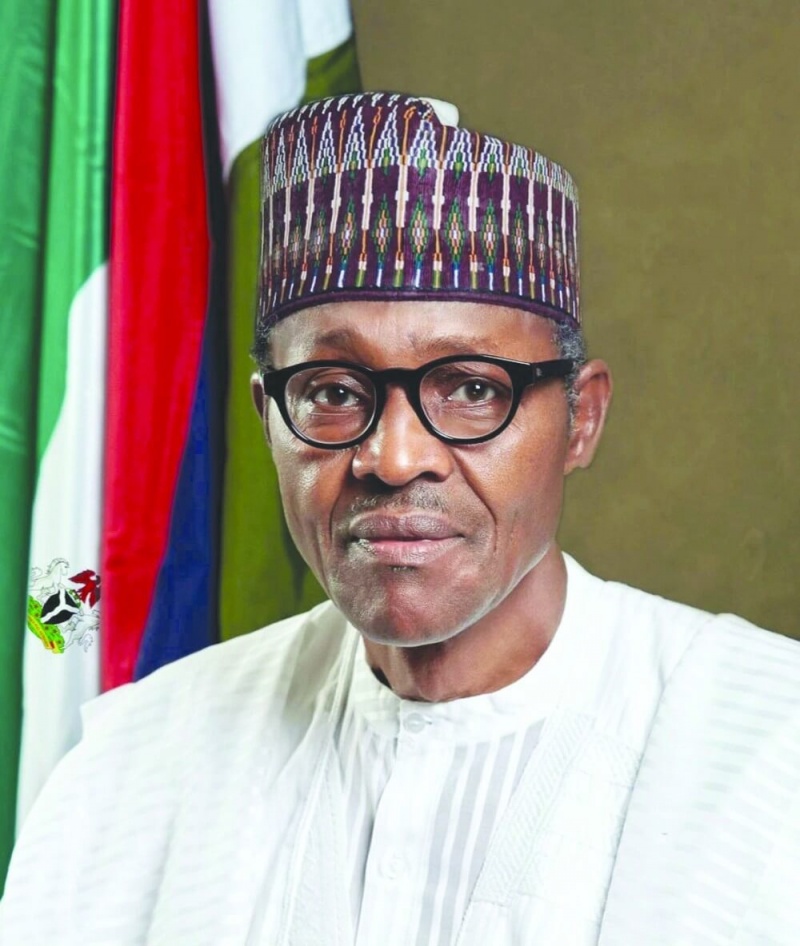
The ECOWAS sub-region has initially been beset with the challenge of political influences. The region arguably has the largest concentration of colonial parentage whose ‘teething problems’ are still tied to the apron strings of European nexts-of-kin.
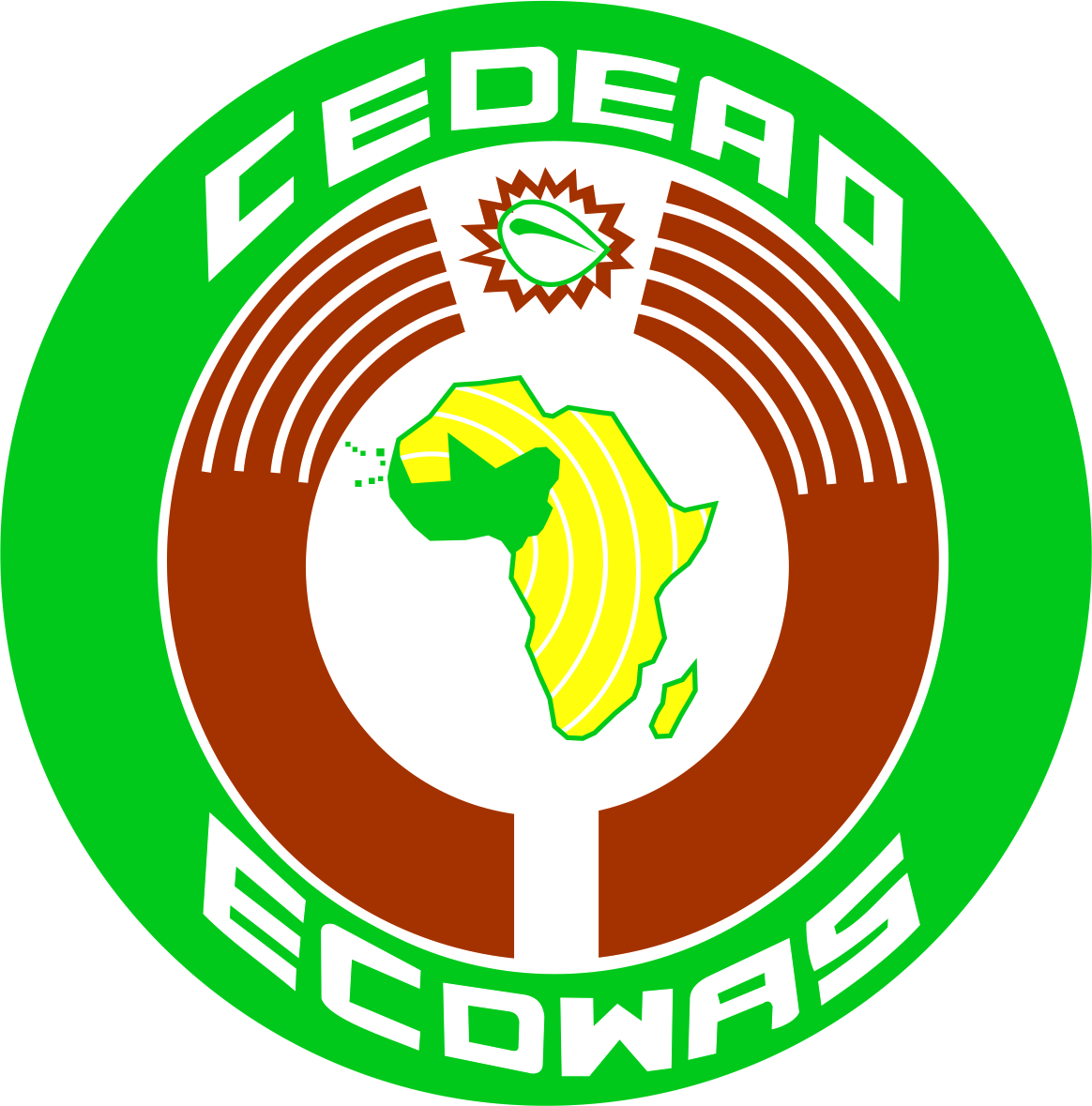
This itself represents, as much challenge as the individual nations would have in breaking free off the socio-economic and political ‘feeding bottles’ that taint the countries abilities to declare and keep their sovereignty.
It is not too far-fetched to find issues of national wealth of these nascent nations nesting in the economic storehouses of their colonial parents either as a result of mismanagement or misappropriation or by dint of trade which more or less exemplifies imbalances that more than portend the national interests of the West African states.
Does this then imply the need for transparency – either within the countries in themselves or as a collegiate of regional interests? Has the significance of President Buhari’s invitation to the African Court of Justice ferried some hope and sentiments that should, like a bug, fester along the west African coast? These definitely will need some answer and perhaps may be answered if the chairman would take a different cue and pursue a manifesto.
Yet doubts about the understanding of the needs of the ECOWAS sub-region are surpassed when the organisation is able to set aside if anglo/franco- phonic sentiments to pursue a common unit of account. Perhaps the issue of international trade domesticated along coasts and borders over-simplify what it will take to achieve this. But, needless to say, it is achievable. And that recommends itself a focus point for the chairman.
Sports was one of the core rallying strategies of integration and still is viable. But one of the impacts of sports, and particularly football, with FIFA and/or CAF is the development of infrastructure within the hosting nations. The history of the ECOWAS games has not necessarily revealed that this has been the case with every country. Pointless to argue about the financial situation of the states because of the modern sensibilities to funding of sports events as beneficial to host countries otherwise the zest to host games would not, at times, be seen as having political intervention and connotations.
The west African sub-region has been plagued with robberies and terrorist activities which has escalated over the years and particularly so between Nigeria, Chad, Niger, and Cameroon. While Nigeria would readily beat its chest militarily among the four, suppositions that the rag-tag terrorist incursions would have been quelled have not come to be. It may perhaps by the Buhari’s ascendancy increase the level of militarisation on that front and make confrontation with the terrorist organisations a regional thing by regional might.
It is pertinent to acknowledge that the summit of the co-operation of regional bodies before the ECOWAS one was instructive in the new direction of the African Union’s disposition to unify Africa for better and more cohesive socio-economic development. The 53rd ECOWAS Heads of State summit was a joint summit between ECOWAS and the Central African bloc, the Economic Community of Central African States (ECCAS).
A communique issued at the close of the summit said its aim “was to create conditions for sustainable peace and a secured environment in the common area of the two regions.”
At the heart of deliberations were: security, peace and stability and the fight against terrorism and violent extremism with the African Union chief, Moussa Faki Mahamat also in attendance.
However, the core strength of Buhari’s political ideology, which has won him notable admiration is his dedicated anti-corruption stance. This may have been painted a little differently by different political quarters in his home country, Nigeria, it nevertheless stands as his beacon upon which his political vision and authority rests.
On t5he ECOWAS front, he may not be able to wield the same focus given the various interests at play but it is very arguable that given the support and harvesting of the right spectre of bureaucrats and thinkers, Buharism may become a fully fledged ideology that would encompass structural and developmental economics to influence a moral rectitude and institutional integrity if it fails in Nigeria.
Heads of State or representatives from ECOWAS
Benin, Burkina Faso, Cabo Verde, Cote d’Ivoire, The Gambia, Ghana, Guinea, Guinea Bissau, Liberia, Mali, Niger, Nigeria, Senegal, Sierra Leone and Togo.
Heads of State or representatives from ECCAS
Angola, Burundi, Cameroon, Central African Republic, Congo, Gabon, Equatorial Guinea, Democratic Republic of Congo, Rwanda, Sao Tome and Principe and Chad.
Kindly follow us on twitter:@AfricanVoice2


